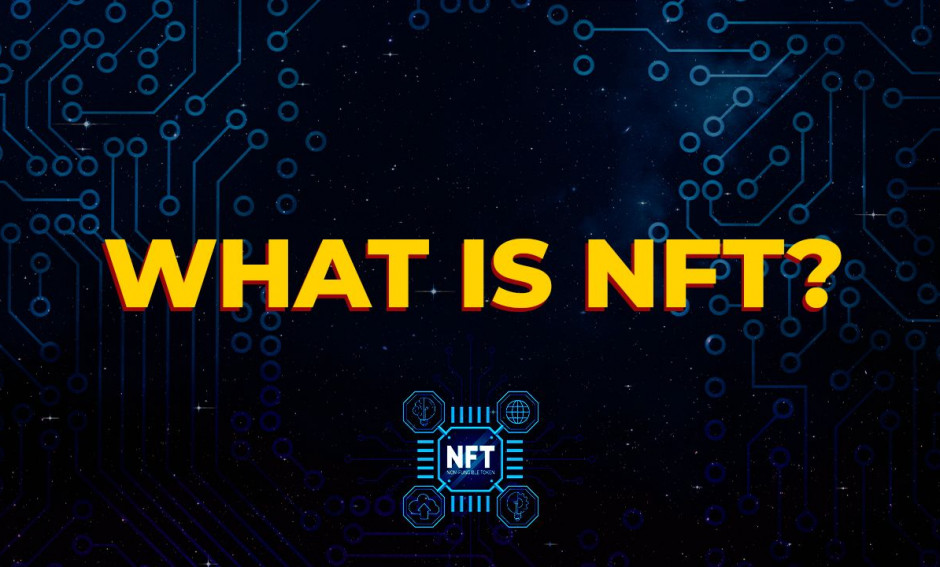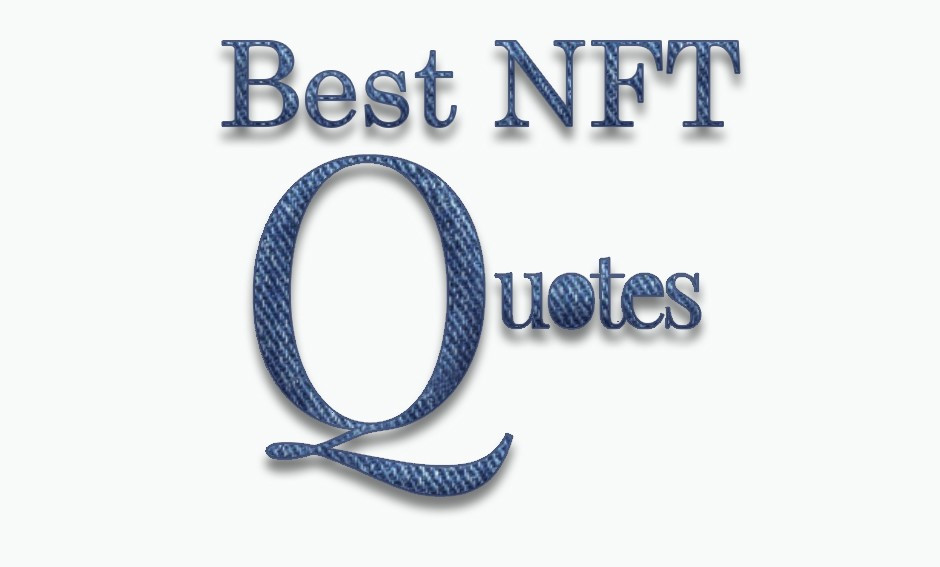
What is NFT ?
Like physical money, cryptocurrencies are fungible, meaning that they can be traded or exchanged, one for another. For example, one bitcoin is always equal in value to another bitcoin. Similarly, a single unit of ether is always equal to another unit. This fungibility characteristic makes cryptocurrencies suitable as a secure medium of transaction in the digital economy. NFTs shift the crypto paradigm by making each token unique and irreplaceable, thereby making it impossible for one non-fungible token to be equal to another. They are digital representations of assets and have been likened to digital passports because each token contains a unique, non-transferable identity to distinguish it from other tokens. They are also extensible, meaning you can combine one NFT with another to “breed” a third, unique NFT.
Non-fungible token or an NFT is a digital asset that represents real-world objects like art, music, in-game items and videos. They are bought and sold online, frequently with cryptocurrency, and they are generally encoded with the same underlying software as many cryptos. Although they’ve been around since 2014, NFTs are gaining notoriety now because they are becoming an increasingly popular way to buy and sell digital artwork. NFTs are also generally one of a kind, or at least one of a very limited run, and have unique identifying codes.
Anyone can view the individual images or even the entire collage of images online for free. So why are people willing to spend millions on something they could easily screenshot or download? Because an NFT allows the buyer to own the original item. Not only that, it contains built-in authentication, which serves as proof of ownership. Collectors value those “digital bragging rights” almost more than the item itself.
The majority of NFTs reside on the Ethereum cryptocurrency’s blockchain, a distributed public ledger that records transactions. NFTs are individual tokens with valuable information stored in them.
Because they hold a value primarily set by the market and demand, they can be bought and sold just like other physical types of art.
NFTs' unique data makes it easy to verify and validate their ownership and the transfer of tokens between owners.
